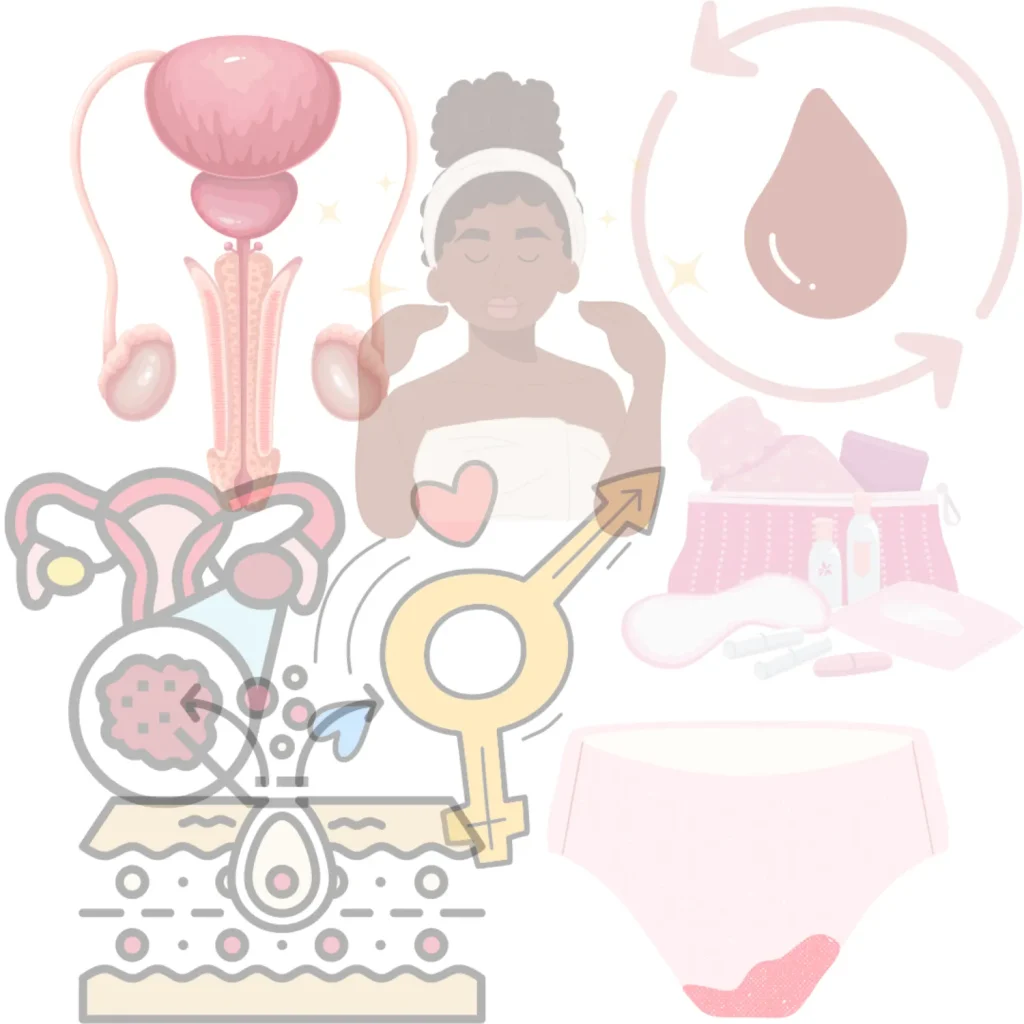Puberty is the period of physical and hormonal development that occurs during adolescence. It typically begins between the ages of 8 and 13 for girls and 9 and 14 for boys, although it can occur earlier or later. It is a time when the body goes through significant changes as it transitions from childhood to adolescence.
Changes that occur during puberty
Physical changes
During puberty, both males and females will experience physical changes. These changes include:
- Growth spurts: During puberty, you experience significant growth spurts as your bones and muscles develop.
- Body hair: Males will begin to grow facial hair, chest hair, and hair in the pubic area. Females will grow hair in the pubic area and under their arms.
- Voice changes: Males’ voices will deepen as their vocal cords thicken.
- Breast development: Females will begin to develop breasts.
- Menstruation: Females will begin to menstruate, which is the shedding of the uterine lining.
- Acne: Both males and females may experience acne due to hormone changes.

Puberty is a significant period of development that occurs during adolescence.
Emotional changes
- In addition to physical changes, puberty can also bring about emotional changes. These changes include:
- Mood swings: You may experience mood swings as your hormones fluctuate.
- Body image concerns: You may experience body image concerns as your body changes.
- Increased independence: As you mature, you may feel more independent and want more control over your lives.
How can you manage puberty?
Managing puberty can be challenging, but there are some things that young people can do to make the process easier. These include:
- Practising good hygiene: You should practice good hygiene to avoid body odour and other hygiene-related issues. Click here to learn about how you can maintain good personal hygiene.
- Eating a healthy diet: A healthy diet can support your overall health and wellbeing during puberty.
- Getting enough sleep: You need plenty of rest during puberty to support growth and development.
- Staying active: Regular exercise can help you stay healthy and manage stress.
- Talking to a trusted adult: You should feel comfortable talking to a trusted adult, such as a parent or healthcare provider, about any concerns or questions you have about puberty.
Written and reviewed by
Dr Omolayo Anjorin (MBBS, MSc, PhD (in view)
Dr MaryJane Nweje (MBBS, MSc)
Source:
- Oxford Textbook of Medicine 5th Edition

